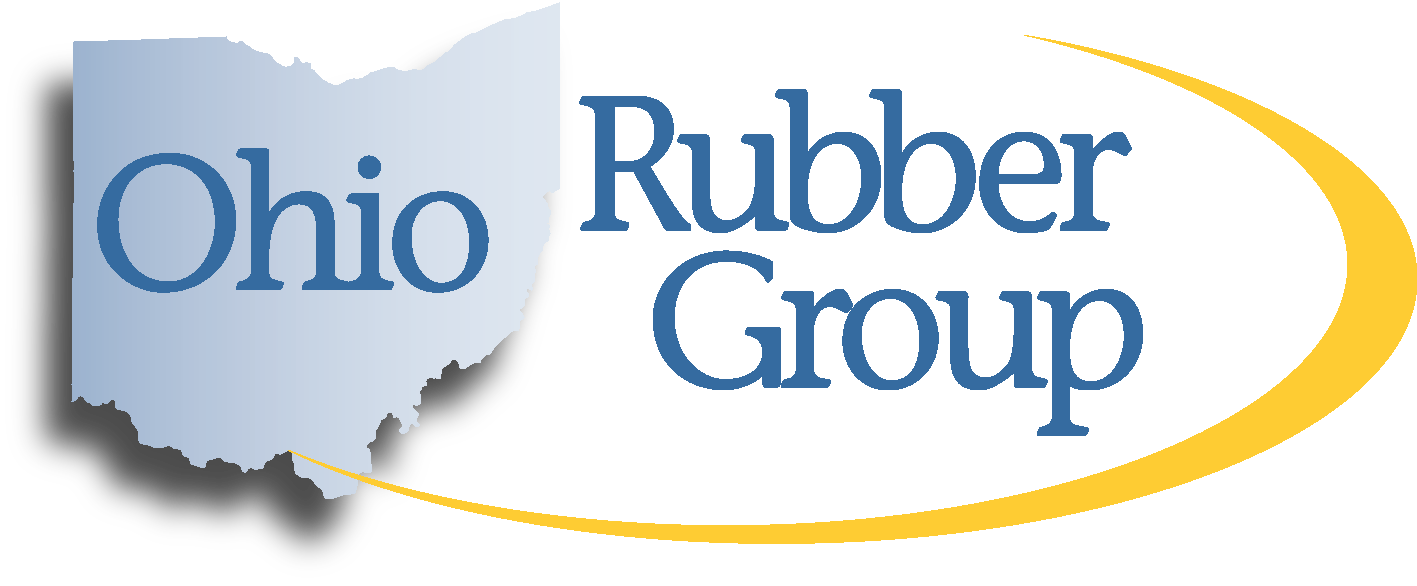
- This event has passed.
Winter Technical Meeting – 2024
January 23, 2024 @ 4:00 pm - 9:00 pm
$35
Agenda:
4:00 – Dinner Ticket / Membership Sales
4:30 – Technical Presentations
6:00 – Social Hour
7:00 – Dinner
Advanced Reservations: $35 each ***Without prior reservation: $40 each (limited number available)
Email reservations to Denise Kotz at denisekotz@strategicrealm.consulting OR mail to Ohio Rubber Group, PO Box 553, Hudson, OH 44236.
Winter Technical Meeting Reservation Form
Need to Renew your Membership?? Complete the Membership Form and pay for both at same time!
Pay in Advance for this meeting!
Note: This is now the Preferred Method of Payment!
Please note that although we are using PayPal to make the transaction, you do not need to have a PayPal account. Simply just enter your Credit Card information.
Click here to pay in advance with PayPal
**Please note that your PayPal receipt will be from ACESS (Akron Council of Engineering and Scientific Societies). This is correct.
Technical Presentations:
“Bio-Sourced Rubber Curing Ultra-Accelerator For Tire & Technical Rubber Good Applications”
John Kounavis, Sr. Technical Service Manager, SI Group
The tires and the technical rubber goods (TRG) industry is progressing rapidly towards sustainable and bio-sourced solutions. This automotive megatrend is primarily driven by regulatory pressure, environmental concerns, rubber industry needs as well as consumer perception. SI Group has been promoting sustainable as well as bio-sourced solutions for the rubber industry, in particular, rubber tackifiers and bonding agents. With this paper, we would like to present an experimental rubber curing ultra-accelerator with sustainable & bio-sourced product attributes. The product benefits to the tires & TRG market will be discussed along with some case studies.
“Therban HT: Compounding with a New Heat Resistant HNBR Elastomer”
Victor Nasreddine, NA Technical Manager, Arlanxeo
Therban® HNBR, Arlanxeo’s hydrogenated nitrile rubber, is a specialty elastomer with excellent mechanical, dynamic, and sealing properties combined with resistance to tear, abrasion, and aging. It is used in demanding automotive, industrial, and oil and gas applications. Under the hood automotive operating temperatures continue to increase as airflow is reduced around components due to aerodynamic engineering and space saving designs. Therefore, there is always a need for elastomers with improved heat resistance including HNBR. This paper presents the compounding and properties of Therban HT, a polyamide reinforced HNBR elastomer with improved heat resistance, in HNBR formulations.
“Investigating the Dependence of Elastomeric Fracture on Temperature and Rate”
Zehao Fan, Grad. Student in Polymer Science, The University of Akron, and 2024 Scholarship Winner
Decades of elastomeric fracture phenomenology due to Thomas and Smith demonstrated a remarkable fact that rubbers are stronger and tougher at lower temperatures. The prevailing explanation relates the fracture behavior to polymer viscoelasticity. Given the recent insight and evidence that toughness is determined by strength, we examine elastomeric fracture with a different perspective and conclude that chain scission dictates fracture characteristics including its temperature dependence. Working within a selected temperature range, stretching is shown to be entirely elastic at stretching rate below 0.17 s -1 , we demonstrate that the same temperature and rate dependencies of strength and toughness, observed by Thomas and Smith, still occur in our crosslinked polybutadiene (BR) and styrene-butadiene rubber (SBR). The temperature effects on rate dependence of strength and toughness are found to be much stronger than that prescribed by the WLF shift factor aT. Moreover, crack propagates, upon either stepwise stretching or during creep, at a much lower speed at lower temperature that cannot be rationalized with polymer relaxation dynamics. Our new interpretation is that a carbon-carbon bond is stronger at a lower temperature, equivalently, it takes a longer time for a covalent bond to undergo dissociation in tension because available thermal energy is proportional to temperature T.
****Please turn off cell phones during the presentations****
